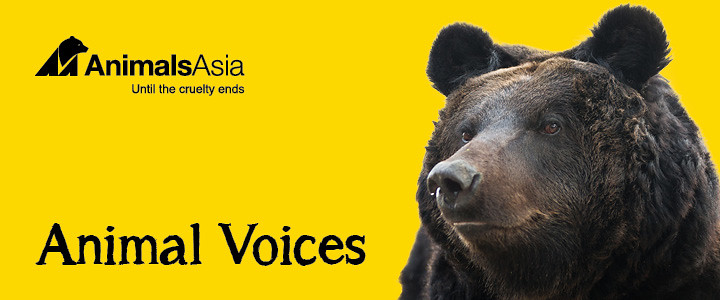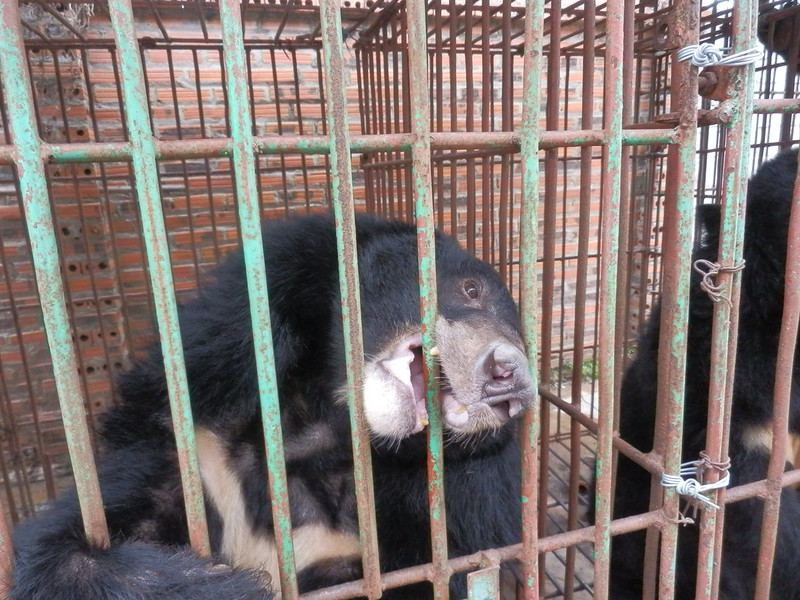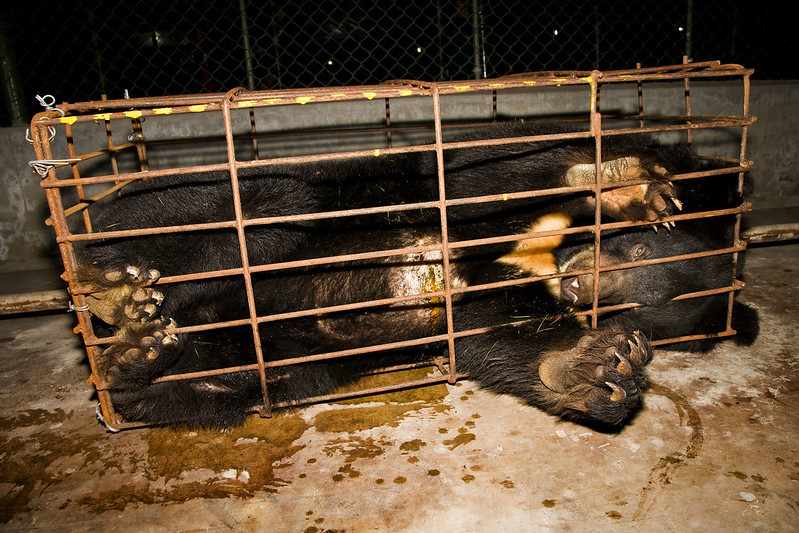The last male northern white rhino has died – here’s why it matters to you
22 March 2018
The species now faces imminent extinction, but unless the world wakes up, other species will follow and we don’t yet know the full consequences of their loss.
By Animals Asia Animal Welfare Director Dave Neale
It was from a conservation centre in Kenya that the death of a single animal sent reverberations round the world.
Sudan was a 45-year-old northern white rhino – the final male of his subspecies in existence on the earth. With him dies millions of years of unique evolutionary biology which will never be repeated.
Rhino's are in fact a keystone species within the environment. One on which the environment and many thousands of other species depend for their own survival.
The Rhino helps to maintain the grasslands by eating certain types of grass which opens up the environment for other species to grow which are preferred by other species. Gazelles and antelopes directly benefit from this activity.
Without the rhino these other grasses would be outcompeted and so other grazers would have less food and of course they add valuable nutrients back into the environment via their dung which are likely to sustain many species of insects as well as benefiting the environment through their breakdown.
There is so much we don’t know about the delicate balance of the earth’s ecosystems and a great many of the consequences of the rhino’s disappearance cannot be predicted. But we do know that the extinction of this rhino species has changed the environment forever.
This extinction event wasn’t a matter of climate change or a natural disaster, it was a man-made tragedy – they were hunted to extinction.
With demand for rhino horn surging in China and Vietnam as an ingredient in traditional medicine, poachers and dealers were incentivised to kill.
This was murder for money, not for entertainment. And if there was no demand for the product, there would be no money in such senseless killing.

I believe this is not a problem just for Kenya where the rhinos died, or for Vietnam and China where the products eventually ended up. This is a problem for the whole world.
The white rhino didn’t “belong” to Kenya, just as much as the moon bear doesn’t belong to any single country in Asia. They are species which evolved uniquely over millions of years and human activity has artificially ended that process. The entire world is poorer for the loss.
Welfare and conservation are linked
Animals Asia is a welfare charity, not a conservation charity, but our work naturally ties in with conservation.
For example, research shows that moon bears are increasingly endangered all across their range due to bear bile farming. Unless the industry is stopped, moon bears will become extinct in the wild.
In fact, in countries such as Vietnam moon bear populations are so depleted that they may well be unviable already.
It cannot be denied any longer that the bile farming industry – far from preserving wild populations from poachers – has absolutely decimated them.
And if the species does become extinct in the wild, then just like the demise of the northern white rhino, it will be a tragedy for the whole world.
Raising awareness is vital. As long as demand for certain wild animal parts exist, then that species will be in danger – no matter what the law says.
This is why Animals Asia is constantly raising awareness of bear bile farming in Vietnam and China – teaching young people about the cruelty of the industry and working with traditional medicine practitioners to provide herbal alternatives for the elderly.
The time to save the northern white rhino wasn’t in the days before Sudan’s death. It was many years, perhaps decades before when the scale of poaching first became apparent.
We can’t wait to save the moon bear. The world has to start caring now. Today. We have to fund work to rescue bears from farms, raise awareness among consumers and lobby governments to follow Vietnam’s lead and announce plans to completely end the industry.
READ MORE: Five ways YOU can help end bear bile farming
BACK






